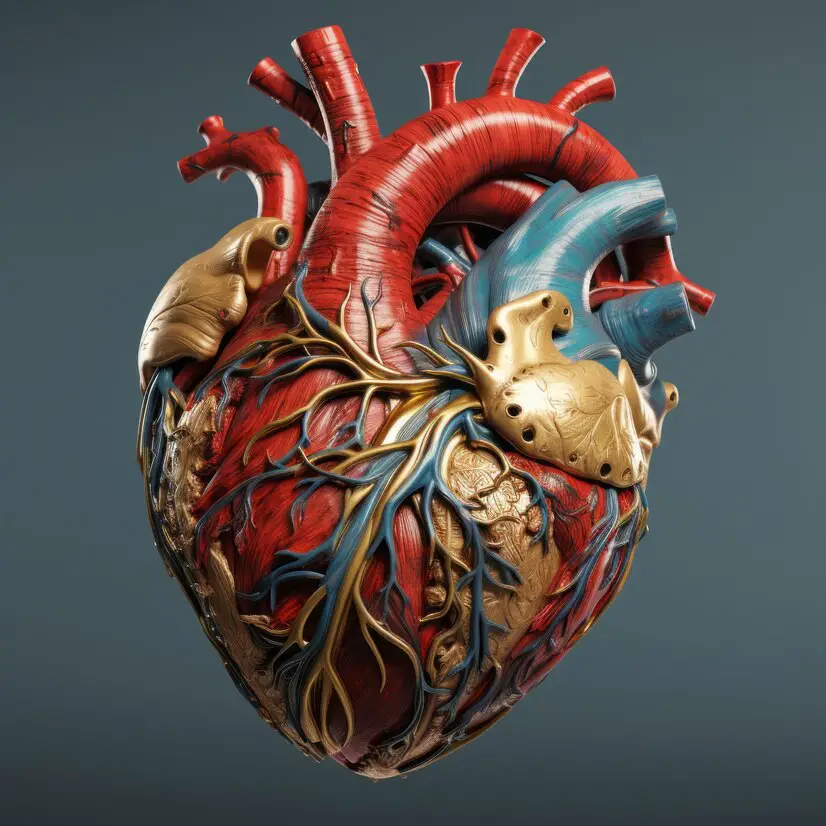I’ve always tried to stay on top of my health, but it wasn’t until I learned about the signs of clogged arteries that I realized how sneaky heart-related issues can be. It’s scary to think that something so vital—our blood vessels—could slowly accumulate plaque without us noticing. Yet recognizing early signals can make all the difference in preventing severe complications like high blood pressure or even a heart attack. Being aware is step one, and taking action is step two. Let’s talk about both.
Arteries are essentially your body’s highways for oxygen-rich blood. They move this blood from your heart to your brain, muscles, and every organ in your system. Healthy arteries are smooth and free-flowing. But when they’re blocked, plaque buildup restricts blood flow and may ultimately cause serious cardiac events.
Why Knowing Matters
It’s important to identify the signs of clogged arteries early on, so you can seek help before the situation escalates. The good news? Simple lifestyle changes—like eating well and exercising—can often help. If your family history makes you more vulnerable, or if your arteries are already heavily blocked, your doctor might recommend medication. Either way, if you experience any of these ten red flags, speak with a medical professional to get a handle on things.
1. Nausea

Yes, nausea can stem from a laundry list of health problems. But it can also point to compromised blood flow. Chronic queasiness shouldn’t be ignored. If it sticks around, your doctor might want to rule out any artery-related issues.
2. Chest Pain (Angina)

Chest pain, or angina, often indicates reduced blood flow to the heart caused by plaque buildup. It usually appears near your breastbone and can radiate to your arm, shoulder, jaw, or upper back. Ongoing chest discomfort is a big red flag—check in with your doctor right away.
3. Shortness of Breath

Feeling winded when you’re simply walking around or sitting still is a problem. While it’s normal to be out of breath after significant exertion, persistent shortness of breath can mean clogged pulmonary arteries. Any unexplained trouble breathing calls for professional attention.
4. Weakness or Numbness on One Side

If the signs of clogged arteries pop up in your carotid arteries (the ones supplying blood to your brain), you might notice numbness or weakness down one side of your body. The root cause? Reduced blood flow. This symptom warrants immediate medical advice.
5. Slurred Speech

Slurring your words can happen for many reasons, but restricted blood flow in the carotid arteries is definitely on the list. If the branch feeding your brain or tongue is compromised, speech can become jumbled.
6. Vision Loss
Blurred or fading vision—especially in one eye—could also stem from carotid artery trouble. If your exterior branch is blocked, the eye may not get the oxygen it needs. Any sudden or ongoing vision changes should be checked out.
7. Leg Pain

Leg pain has countless potential causes, but clogged peripheral arteries are one of them. When plaque hinders proper blood flow, even mild exertion might leave one leg in pain. No obvious injury? That’s your cue to investigate further.
8. Cold Feet

Ever notice your toes feel icy while the rest of you is warm? Blood carries heat, and if it’s not moving freely to your feet, they can chill easily. This often points to a blockage in your leg arteries.
9. Slow-Healing Injuries on Feet
If your wounds or cuts on your feet lag in healing, poor circulation could be the culprit. Injuries need oxygen and nutrients to repair themselves, and blocked arteries mean fewer of those essentials are getting through.
10. Heart Palpitations

Sudden, noticeable changes in your heartbeat—like fluttering, pounding, or irregular rhythms—can tie back to circulatory issues. If these palpitations pop up out of nowhere and linger for seconds or minutes, see a doctor. It’s better to be safe than sorry.
Final Thoughts
Staying aware of the signs of clogged arteries isn’t about turning into a worrywart. It’s about prioritizing your well-being. Noticing these symptoms can prompt you (or someone you love) to seek medical advice sooner rather than later. Early detection might just save your life.
A Friendly Reminder
This information isn’t meant to replace professional medical advice. If you suspect you might have clogged arteries or any other health concern, consult a qualified healthcare provider. Don’t delay seeking help based on what you read online—timely intervention is key to keeping serious complications at bay.
Please SHARE this article with your friends and family on Facebook.
Bored Daddy
Love and Peace
